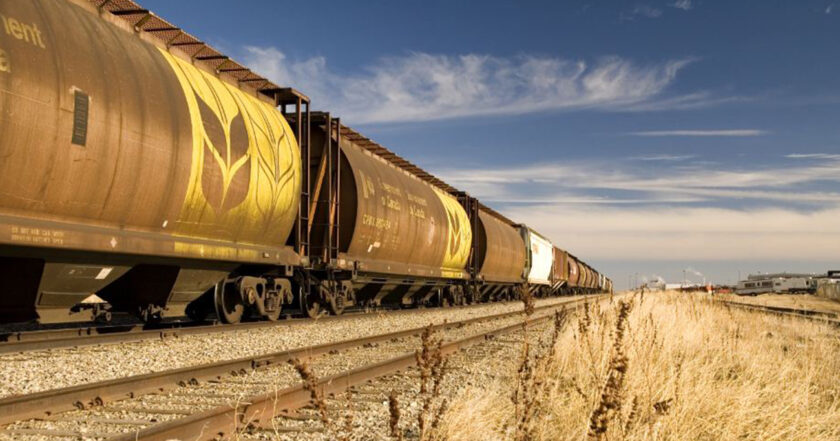Ukraine restores Danube River ports in emergency effort to get grain out

Фото: Ілюстративне
Ukraine is restoring and expanding some of its long-decommissioned river ports on the Danube to facilitate the exportation of grain due to Russia's Black Sea blockade.
Before the war, Ukrainian river ports on the Danube were seldom used, with some of them in complete disrepair. But following Russia's invasion of Ukraine and its control of exit routes to the Black Sea, Kyiv is resuscitating its old river harbours in order to avoid the sea blockade and accelerate the exportation of the country's wheat.
"Take the example of the Reni River port,'' Alla Stoyanova, the head of the department of agricultural policy of Odesa region, told the Guardian. The port was among the most important of the Danube region during the Soviet Union and a passageway to Romania. "It wasn't used at all recently. So now we are working to expand it, alongside other river ports, to increase capacity. As we speak, over 160 ships are awaiting in the Black Sea to enter the Sulina canal, but they can't because the capacity of that canal is only 5-6 ships a day."
At the beginning of the Russian invasion, silos and ports across Odesa were brimming with more than 25m tonnes of grain. Today, 5m of these have been exported via alternative street, rail and river routes.
"In March we managed to export 200,000 tonnes", said Stoyanova. "In April 1.6m; in May 1m 743,000 tonnes; and in June over 2.5m. But this capacity is still not enough, because normally with our six ports in the Odesa region we used to export 5-6m tonnes of grain every month.''
Before the war, about five or six ships left the port of Odesa carrying a total of 100,000 tonnes of grain, with one single vessel having the capacity to carry up to 50,000 tonnes.
"One truck can carry only 25 tonnes and a train carriage 60 tonnes" says Stoyanova. "In order to load the equivalent of one grain carrier ship, we would need 2,000 trucks. All those long queues of trucks and trains you can see at the border is because the neighbouring countries aren't able logistically to manage this much grain from us."
Insofar as Kyiv is planning to expand its river ports with at least two new silos and special parking spaces for trucks to load the grain carriers faster, the fact remains these are only emergency measures to maintain the shipment of grain. Ukrainian officials are aware that opening the Black Sea route is the only way to mitigate global hunger.
"The truth is that there's no alternative to seaports", said Stoyanova. "We must immediately unblock them. The world can find a way to make Russia agree to this. We don't only want Russia to promise something, but we want it to agree [to unblock our seaports] within the decision of the UN general assembly. If Russia agrees to that, they won't be able to take a step back [from the agreement]."
"If, unfortunately, we lose soldiers every day that bravely defend our country, there are other stats too, like every 48 seconds one person in the world dies of starvation", she adds.
The number of people going hungry in the world has risen by 150 million since the start of the Covid pandemic, according to the UN, warning that the food crisis sparked by Russia's invasion of Ukraine risks pushing the worst-hit countries into widespread famine.
💔 Наші українські фермери намагаються врятувати те, що можна…
Найсильніший народ! Українців не перемогти! pic.twitter.com/tYgpToR9PE
— Рубрика (@rubryka) July 9, 2022




















































